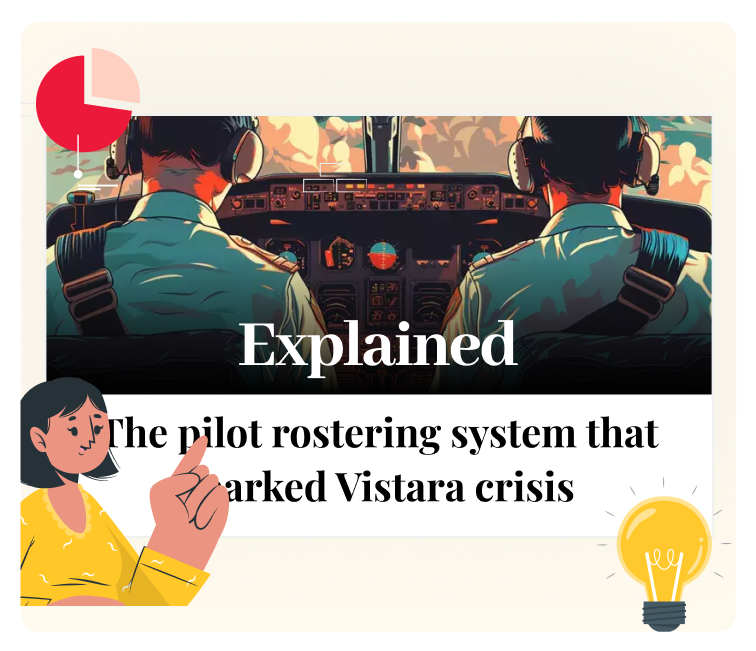 ETtech
ETtechResponses have also been sought from former and current resolution professionals of Think & Learn on two separate appeals by the company's operational creditor, the Board of Control for Cricket in India (BCCI), and Byju’s co-founder Riju Raveendran. Both BCCI and Raveendran have sought the withdrawal of the insolvency proceedings against Think & Learn.
A bench led by Justice Vikram Nath, while refusing to grant status quo on the CIRP proceedings before the National Company Law Tribunal (NCLT), fixed the matter for further hearing on July 21.
“What status quo? Let the proceedings (NCLT) be continued,” the judges said, adding that the prayer for the interim relief will be considered on the next date of hearing.
While both BCCI and Raveendran had sought withdrawal of the insolvency proceedings, the National Company Law Appellate Tribunal (NCLAT) and the Bengaluru bench of the NCLT had directed the resolution professional to present the withdrawal application before the Committee of Creditors (CoC) of the debt-laden company.
The cricket board told the SC that the NCLAT had erred in not appreciating the uncontested fact that the settlement culminated prior to the constitution of the CoC of Think & Learn. Besides, the tribunal could not have shifted the responsibility of deciding the withdrawal application to the lenders, it added.
Discover the stories of your interest

Supporting BCCI’s stand, Raveendran in his appeal stated that the NCLAT order is “erroneous and perverse” as the SC, despite setting out various scenarios in which filing of the withdrawal application arises, had not held that the parties are relegated to post-CoC constitution stage in the present case.
“On the contrary, it states that when the settlement was permitted before the NCLAT, it was a situation where there was a withdrawal before the constitution of the CoC. However, while finally remitting the parties to the NCLT to seek such remedies as available to them in law, the SC (August 14 order) has specifically not held that such a withdrawal can only be after approval of CoC,” Raveendran said, adding the BCCI’s claims stands fully settled as per the settlement terms of July 30.
He further submitted that the SC stay on settlement proceedings last year did not automatically revive the CIRP.
Stating the purported constitution of the CoC is wholly illegal and perverse, the appeal contended that ICICI Bank, which had nil dues, could not have been included. “Even Glas Trust is not a financial creditor. It is an alleged agent of a consortium, and under Section 21(6) of the IBC, the IRP should have received authorisation from each member of the consortium before permitting it to be part of the CoC, and the first CoC was provisional and not final,” the appeal added.
The entire CIRP process has been vitiated by fraud, first on the part of the erstwhile IRP in connivance with Glas, Raveendran said, adding that the erstwhile IRP has now filed an affidavit admitting that he was pressured by Glas to take a series of decisions and the whole process was “premeditated.”
“Now the alleged CoC has replaced and brought in place a new Resolution Professional, who is also part of Ernst & Young LLP and is totally conflicted in the matter,” the appeal added.
Glas holds a dominant position in the CoC of Think & Learn, controlling 99.41% of the voting rights. Other members of the panel include Aditya Birla Finance and InCred Financial Services.
In an earlier round in October, the Supreme Court had set aside the NCLAT order that approved a Rs 158 crore settlement between Think & Learn and the BCCI. It also overturned the appellate tribunal’s August 2 order and restored the insolvency proceedings on an appeal made by Aditya Birla Finance and Glas Trust, the trustee for lenders owed $1.2 billion, which had opposed the settlement and had sought a halt to the insolvency proceedings.
Subsequently, the BCCI filed a fresh application to withdraw its insolvency plea against Think & Learn, but this was again rejected by both the tribunal and the appellate tribunal.
















































